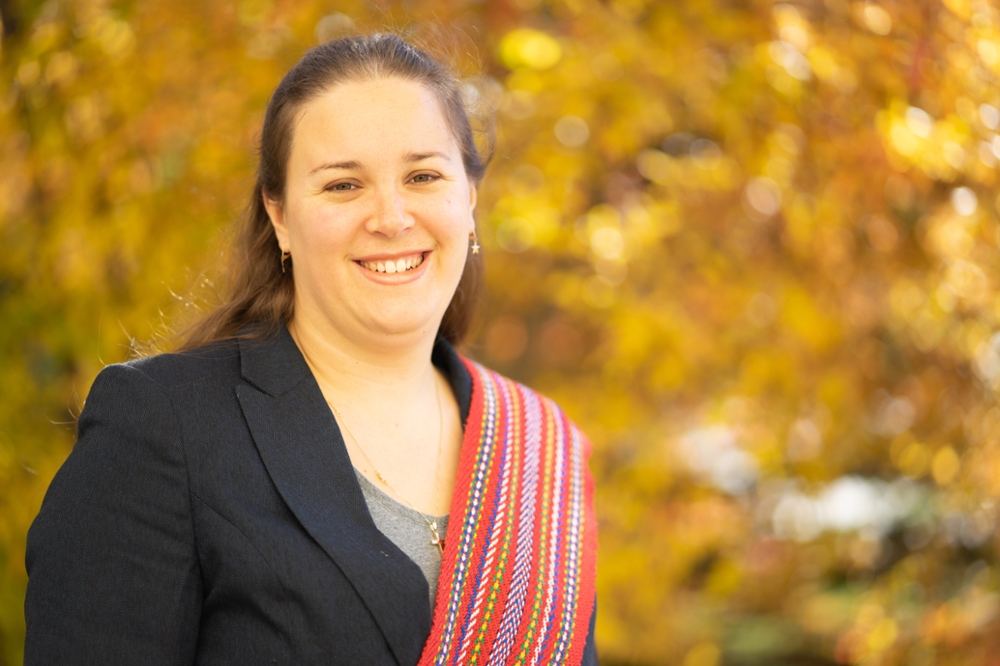
New USask research chair probes heart and stroke prevention among Indigenous women
University of Saskatchewan (USask) researcher Dr. Heather Foulds (PhD) has been named Indigenous Early Career Women’s Heart and Brain Chair, awarded with $730,000 over five years to study the role of social and cultural factors in heart disease and stroke.
The Canadian Institutes for Health Research (CIHR), USask, and the Heart and Stroke Foundation have jointly committed the funding for the new research chair, which aims to design targeted and effective ways to detect, prevent and treat heart and blood vessel diseases in Indigenous women.
“This award and the resulting research will further the understanding of cardiovascular disease progression among Indigenous women and translate into innovative health practices tailored to Indigenous peoples,” said Dr. Chad London (PhD), USask dean of the College of Kinesiology. “It will provide kinesiology students and faculty with meaningful learning and community engagement opportunities.”
Research shows the death and illness rate of Indigenous people from heart disease and stroke is 2.5 times greater than for non-Indigenous people in Canada. Especially concerning is the lack of awareness and recognition of cardiovascular problems among Indigenous women, delaying their diagnosis and treatment, Foulds said.
“We know that social determinants of health are risk factors for heart disease, but these haven’t really been highlighted. And culture also has been ignored as a component,” said Foulds, an assistant professor of kinesiology. “As a Métis woman, I espouse the holistic approach to health described by many First Nations and shown on the medicine wheel—the connection of physical, spiritual, cultural, and mental health.”
She said that while physical factors such as cholesterol, blood sugar and obesity account for part of the risk profile for heart disease and stroke, social factors such as community and family support, and cultural identity deserve more prominence because they can play an important preventive role.
Read more on the university's news site.

